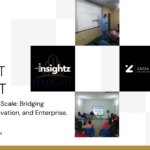
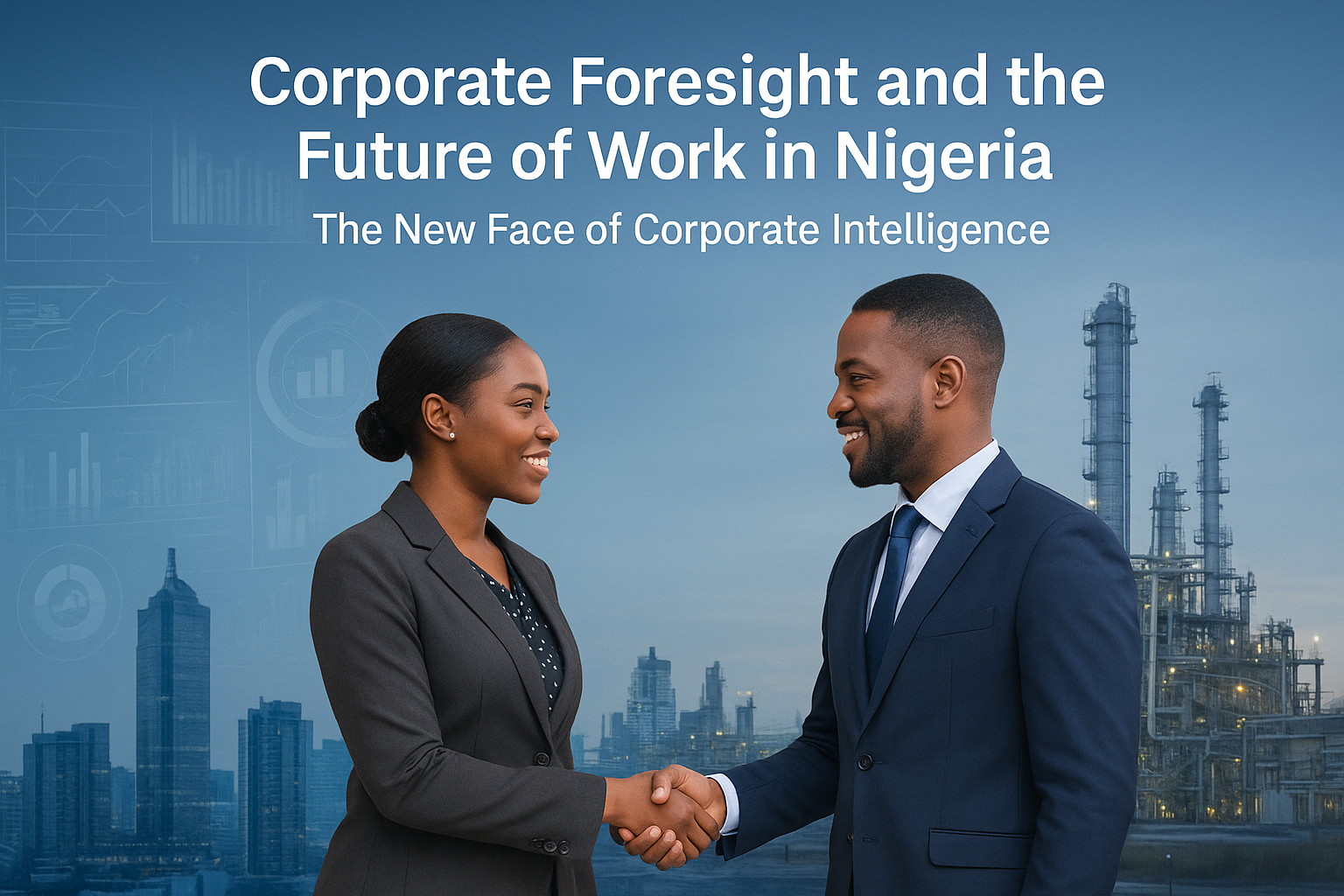
Corporate Foresight and the Future of Work in Nigeria: Lessons from the Dangote–PENGASSAN Dispute
Corporate Foresight and the Future of Work in Nigeria: Lessons from the Dangote–PENGASSAN Dispute
Part 1: The New Face of Corporate Intelligence
Editor’s note:
This article kicks off LeedGate’s three-part insight series exploring Corporate Foresight and the Future of Work in Nigeria. Through real-world cases and reflective analysis, we examine how foresight, empathy, and adaptability are redefining the Nigerian workplace.
The Mirror Behind the Headlines
Last month’s labour dispute between the Dangote Petroleum Refinery and PENGASSAN, Nigeria’s oil workers’ union, offered more than a headline.
It offered a mirror.
For two tense days, oil supply dipped by nearly 16%, refineries went quiet, and millions of Nigerians braced for fuel scarcity. Beneath the tension, one truth stood clear: corporate success in Nigeria now depends less on dominance — and more on foresight.
Corporate Intelligence Is Changing
In the traditional playbook, “corporate intelligence” meant tracking competitors, studying markets, or collecting data. But in 2025, the concept has evolved.
Today’s version demands organizational foresight — the ability to detect early shifts in human behavior, regulation, technology, and sentiment, then act before crisis hits.
It’s not only about numbers or graphs anymore. It’s about people — what they feel, how they work, and what they expect.
This is where the Dangote–PENGASSAN story becomes more than an industrial dispute. It becomes a leadership lesson.
The Missed Signals
The Dangote Refinery — Africa’s largest, with a 650,000-barrel-per-day capacity — represents Nigeria’s ambition to refine its own destiny.
But even ambition needs empathy.
When over 800 workers were reportedly dismissed amid restructuring, the union didn’t just see layoffs; it saw a pattern of exclusion.
What followed — a nationwide strike, public outrage, and government intervention — wasn’t only a labour issue. It was a communication failure.
Corporate foresight is about reading the emotional temperature of an organization. When employees’ voices go unheard for too long, silence becomes resistance.
Why Foresight Matters More Than Ever
Nigeria’s business environment is volatile. Inflation rises, regulation tightens, and younger workers — digital, outspoken, and value-driven — expect fairness as much as pay.
In this context, foresight becomes both compass and shield.
1. Legal foresight
Labour rights in Nigeria are constitutional. Misjudging or bypassing these frameworks can escalate local issues into national crises.
2. Human foresight
Employee grievances, safety lapses, or morale dips often surface months before conflict. Leaders who listen closely prevent escalation.
3. Reputational foresight
In the social-media era, corporate missteps travel faster than official statements. Every internal action can become a public story.
Foresight blends these three lenses — legal, human, reputational — into one proactive mindset.
Risk Management Is No Longer Enough
Traditional risk management focuses on control — policies, checklists, compliance.
Foresight goes further. It anticipates why and how risks emerge in the first place.
It asks:
What if the workforce you rely on stops trusting you?
What if your biggest risk isn’t financial, but emotional?
What if silence in your organization is louder than dissent?
Corporate foresight is not a tool — it’s a habit. A way of sensing what’s shifting before it shakes your foundation.
Building the New Face of Corporate Intelligence
Forward-thinking companies in Nigeria can build stronger foresight by focusing on three essentials:
Sense early: Create listening systems that track employee sentiment, labour activity, and community feedback. Small signals often predict major events.
Engage continuously: Unions, regulators, and communities are not enemies of business. Open dialogue preserves trust and prevents costly standoffs.
Plan humanely: Restructuring, innovation, and automation are inevitable. But how they’re executed — with transparency and respect — defines whether they succeed.
When foresight is human-centred, it stops being reactive management and becomes intelligent leadership.
Lessons for the Future of Work
The Dangote–PENGASSAN episode is a wake-up call for every Nigerian organization navigating growth, reform, or digital transition.
It shows that the future of work isn’t only about technology or policy — it’s about trust.
As automation and AI reshape industries, employees are seeking meaning, inclusion, and fairness. Companies that anticipate these needs will attract stronger talent and build longer-lasting reputations.
The workforce of tomorrow will reward foresight — not authority.
Corporate foresight is not an abstract ideal. It’s the new backbone of trust between employers and employees, between business and society.
The Dangote–PENGASSAN dispute revealed what happens when foresight fails: production halts, confidence drops, and headlines spiral.
But it also reminded us that foresight can rebuild bridges — through dialogue, empathy, and intelligence that sees beyond numbers.
In Part 2, we’ll explore how this foresight must now adapt to the changing workforce: automation, hybrid systems, and the soft skills shaping Nigeria’s next generation of professionals.
At LeedGate Innovation Hub, we believe progress begins with perspective. Through insights, research, and real conversations, we help organizations anticipate the future — and act on it, today.
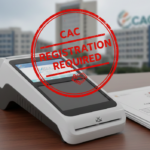

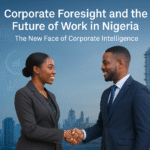
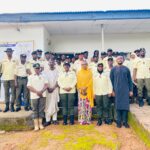



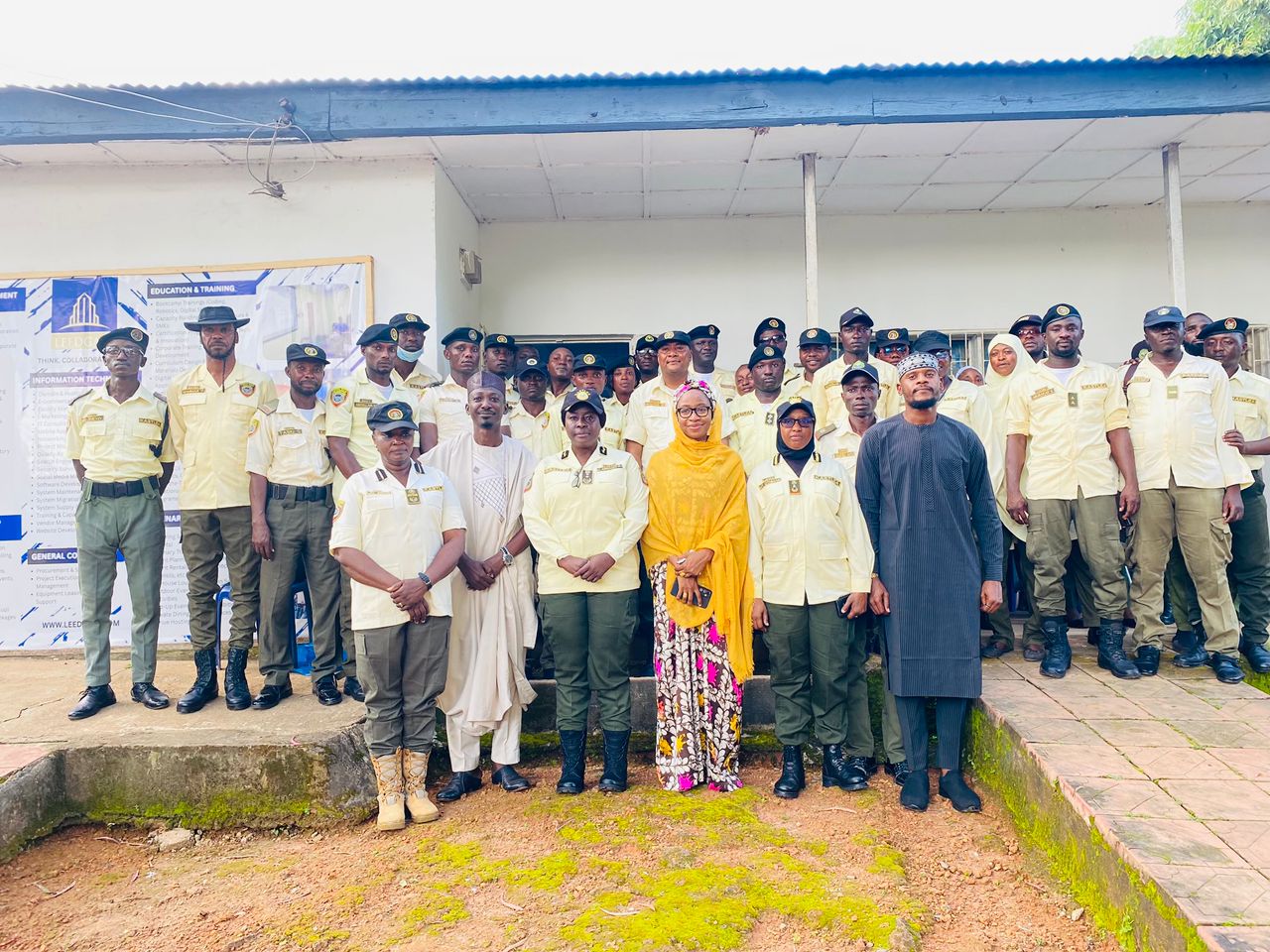

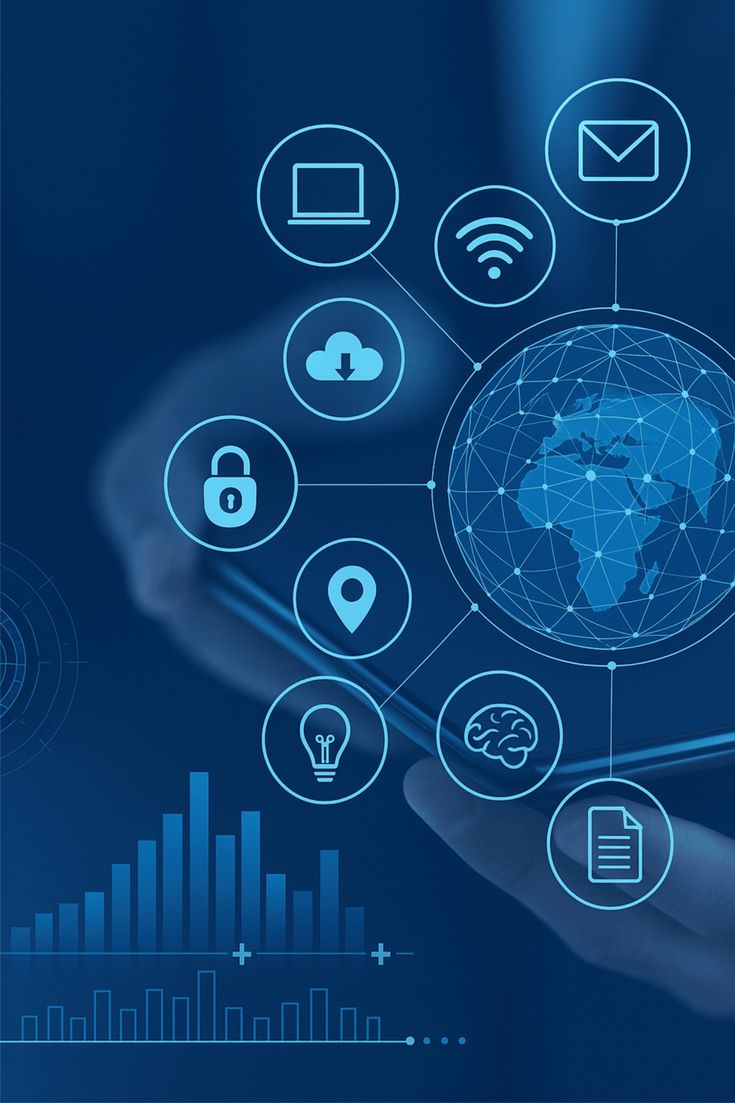
Post Comment